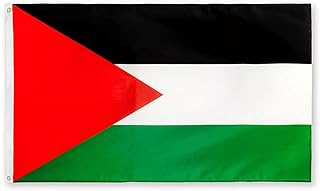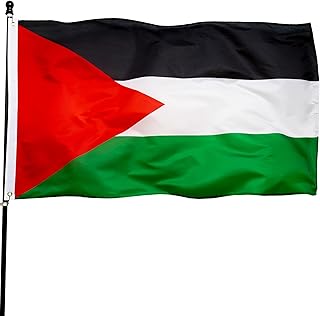Israel’s Prime Minister, Benjamin Netanyahu, strongly criticized the UK’s recognition of Palestine, denouncing it as a misguided reward for terrorism. In a statement, Netanyahu vowed to combat what he viewed as a dangerous push towards legitimizing a Palestinian state that he argued would jeopardize Israel’s security.
Israeli officials, including former national security adviser Yaakov Amidror, contended that the UK’s decision to recognize Palestine was a direct consequence of Hamas’ violent actions, particularly the 2023 attack that resulted in numerous casualties. This move by the UK and other countries was perceived as a troubling endorsement of Hamas and a setback for Israel’s efforts to combat terrorism.
Despite Netanyahu’s hardline stance, polls in Israel indicated a growing demand for a peaceful resolution to the conflict in Gaza. The Israeli government’s handling of the situation faced public backlash, with tens of thousands protesting against the administration’s policies and calling for the safe return of hostages held by Hamas since the 2023 raid.
The opposition leader, Yair Golan, criticized Netanyahu for what he deemed a failure in political leadership, blaming the prime minister for escalating tensions and hindering diplomatic solutions. Golan advocated for a regional approach that prioritized security interests while addressing the Palestinian statehood issue within a broader framework.
As Israel contemplates its next steps, analysts speculated on Netanyahu’s possible course of action following his upcoming visit to Washington. Calls from far-right ministers for the annexation of the West Bank as a response to international pressure highlighted the divisive nature of the conflict and the complex political landscape in the region.
The debate over the UK’s recognition of Palestine underscored the deep-rooted divisions and challenges facing Israel and its quest for peace and security. The ongoing standoff between Israel, Hamas, and the international community highlighted the intricate dynamics at play and the competing interests that shaped the region’s geopolitical landscape.
As the situation continued to evolve, the need for dialogue, compromise, and a concerted effort towards lasting peace remained paramount. The repercussions of diplomatic decisions, such as state recognition, reverberated across borders, testing the resolve of leaders and the resilience of nations grappling with long-standing conflicts and complex histories.
📰 Related Articles
- Netanyahu Criticizes Western Support for Hamas Amid Gaza Conflict
- Wall Street Rallies Amid U.S.-Iran Tensions, Oil Prices Drop
- US-EU Trade Talks Boost Optimism Amid Global Tensions
- US-Canada Trade Tensions Impact Markets Amid Tariff Threats
- US Stock Market Resilient Amid Iran Tensions, Experts Share Insights






